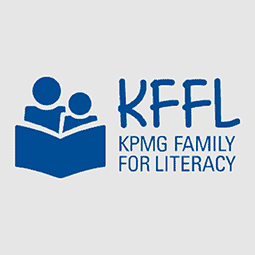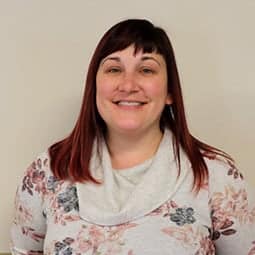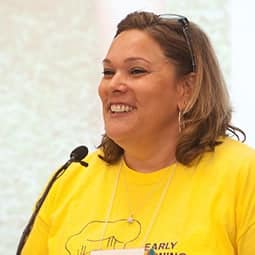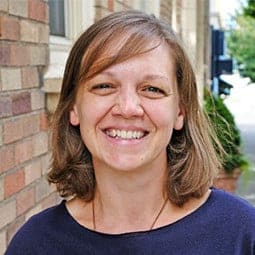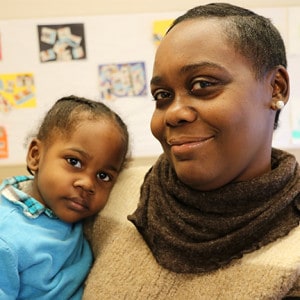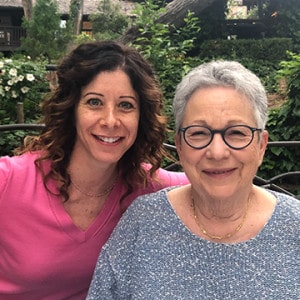In 2000, Start Early developed the first Educare school to serve children and families on the South Side of Chicago. At the time, the community was rebuilding after the demolition of the Robert Taylor Homes, one of the largest public housing developments in the country.
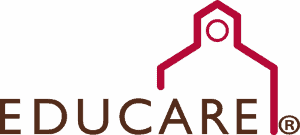 Since then, we’ve partnered with diverse communities and early childhood champions to build a national network of 25 birth-through-age 5 Educare schools and improve access to quality early education across the country. Our shared goal is to help our most vulnerable children enter kindergarten ready to learn. Start Early serves as the national coordinating office of the Educare Learning Network, providing strategic alignment and functional support to the Network and our partners.
Since then, we’ve partnered with diverse communities and early childhood champions to build a national network of 25 birth-through-age 5 Educare schools and improve access to quality early education across the country. Our shared goal is to help our most vulnerable children enter kindergarten ready to learn. Start Early serves as the national coordinating office of the Educare Learning Network, providing strategic alignment and functional support to the Network and our partners.
To achieve our goal, the Educare Learning Network builds strong public-private partnerships across the country to create strong schools and longtime champions who will amplify our call for change. We collaborate as a Network to advocate at the local, state and federal levels for policies and programs that advance our mission and support quality improvement and supports for our youngest learners and their families in communities that are under-resourced.
Through our work on the Early Head Start-Child Care Partnerships (Partnerships) program — created by Congress in 2014 — reaches across policy, practice and research to improve early education nationwide. Through the program, grantees are able to provide local child care programs that agree to meet Head Start Program Performance Standards with a range of supports (e.g., infrastructure improvements, higher teacher pay). Partnerships grantees partner with local center-based and family child care programs and leverage community resources to expand access to high-quality early care and learning for families who are working but earning wages below the federal poverty level.
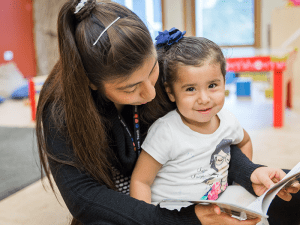 Currently, 13 Educare organizations in 12 states and the District of Columbia administer Partnership grants with a variety of partners including local child care centers, family child care homes, school districts, nonprofit organizations, homeless shelters, and other community organizations. The number and type of community partners vary by grantee, as do the number of infants and toddlers served (from 60 to over 600), geographic distances covered and the role of the Educare organization in the Partnership.
Currently, 13 Educare organizations in 12 states and the District of Columbia administer Partnership grants with a variety of partners including local child care centers, family child care homes, school districts, nonprofit organizations, homeless shelters, and other community organizations. The number and type of community partners vary by grantee, as do the number of infants and toddlers served (from 60 to over 600), geographic distances covered and the role of the Educare organization in the Partnership.
In addition to Educare organizations administering grants, the Educare Learning Network advocates to protect and expand this program at the state and federal levels and shares our best practices and policy recommendations with the field. In 2019, we partnered with the Bipartisan Policy Center and the First Five Years Fund to put forth a policy recommendation, titled “The Early Head Start – Child Care Partnerships: Flexibility With Accountability,” summarizing our shared Partnerships work across the country and program recommendations. In 2020, we launched an article series called “A Path to High-Quality Child Care through Partnerships,” featuring stories from Educare organizations’ Partnerships across the country and highlighting the impact of COVID-19 on Partnerships grantees, their child care partners and the families they serve. The series and offers our unique policy recommendations to maintain, improve, and grow our nation’s supply of quality infant toddler child care.

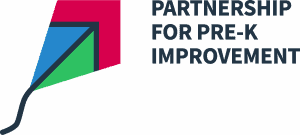 The Partnership for Pre-K Improvement (PPI) was launched in 2017 to learn together with states about how to build quality, equitable pre-K systems that ensure children succeed in school and in life. The initiative’s unique approach fosters partnerships across program, advocacy, and research organizations in support of a common vision for pre-K systems improvement.
The Partnership for Pre-K Improvement (PPI) was launched in 2017 to learn together with states about how to build quality, equitable pre-K systems that ensure children succeed in school and in life. The initiative’s unique approach fosters partnerships across program, advocacy, and research organizations in support of a common vision for pre-K systems improvement.
